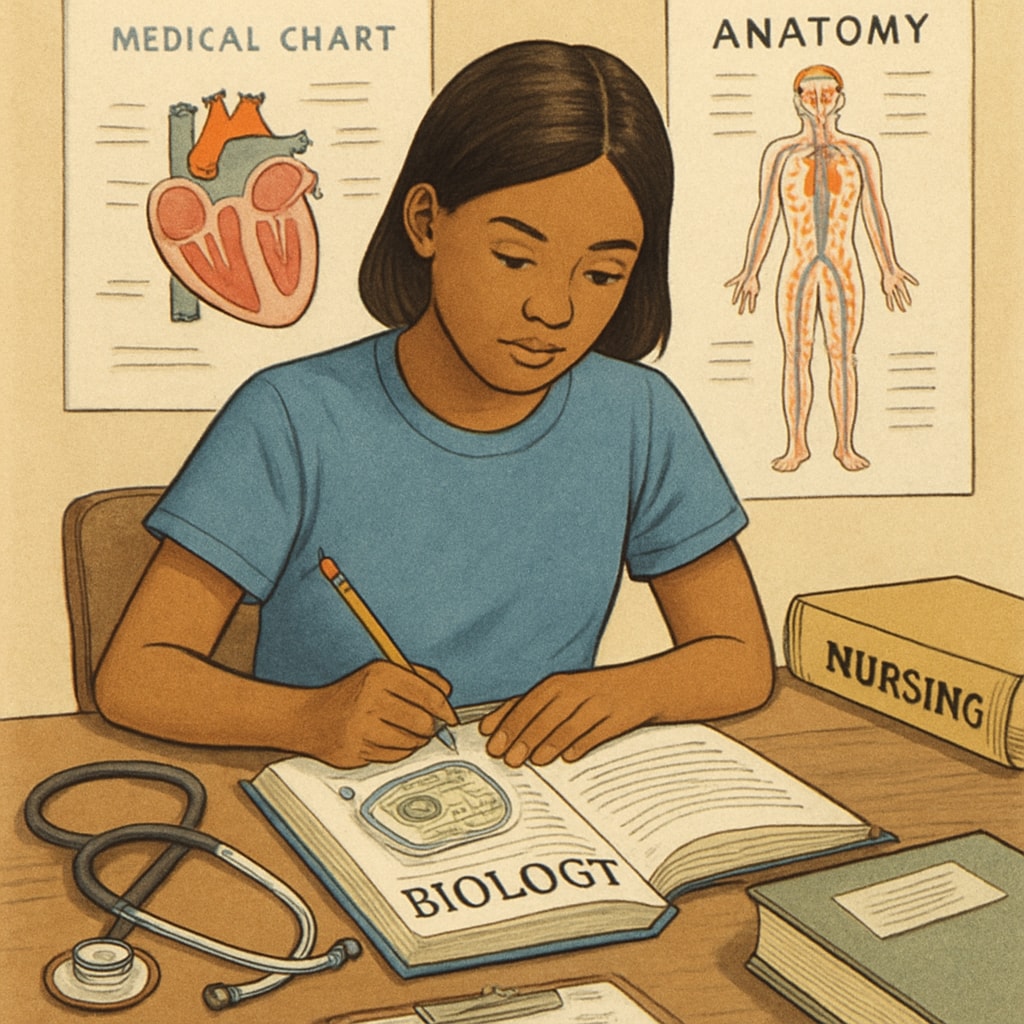Preparing for a career in nursing is a rewarding yet challenging journey, especially for K12 students aiming to balance professional goals with an active campus life. By strategically planning for rigorous nursing programs, managing potential college transfers, and gaining valuable EMT experience, students can set themselves up for success in both their academic and personal endeavors.
Setting the Foundation: Preparing for Nursing Programs in High School
The path to a successful nursing career begins in high school. At this stage, students should prioritize building a strong academic foundation while exploring extracurricular opportunities that align with their long-term goals. For instance, focusing on subjects like biology, chemistry, and anatomy can provide a solid base for future nursing coursework. Additionally, participating in healthcare-related clubs or volunteering at local hospitals can offer early exposure to the medical field.
Furthermore, high school students should research nursing programs that align with their career aspirations. Some universities offer direct-admit nursing programs, which allow students to begin nursing coursework immediately, while others may require prerequisites to be completed first. Understanding these options early helps students tailor their high school experience to meet specific admission requirements.

Making Strategic College Transfers for Nursing Excellence
For students who begin their education at a community college or another institution, transferring to a university with a robust nursing program is often a vital step. College transfers require careful planning to ensure that credits earned at one institution are applicable at another. It is advisable for students to work closely with academic advisors to confirm that their coursework aligns with the prerequisites of their target nursing program.
One of the key considerations during a transfer is the level of support provided by the nursing program. Students should evaluate factors such as clinical placement opportunities, faculty expertise, and available resources like simulation labs. Transferring to a program with strong connections to local healthcare facilities can also enhance hands-on learning opportunities, which are critical for nursing students.

Gaining EMT Experience to Strengthen Nursing Applications
Emergency Medical Technician (EMT) experience can be a significant asset for students pursuing nursing. Not only does it provide practical exposure to patient care, but it also enhances critical thinking and decision-making skills. Many nursing programs value applicants who have hands-on healthcare experience, as it demonstrates commitment and readiness for the demands of the profession.
To gain EMT certification, students typically complete a training program followed by a state or national exam. Once certified, working part-time as an EMT during college can provide both financial and professional benefits. The real-world insights gained from this role can also strengthen a student’s nursing school application and enrich their academic experience.
Balancing Academics and Campus Life
While academic success is crucial for aspiring nurses, maintaining a balance between professional development and campus life is equally important. Engaging in campus activities, joining student organizations, and forming meaningful connections can significantly enhance the college experience. These activities help students build soft skills like teamwork, communication, and leadership, which are essential in nursing.
Time management is key to achieving this balance. Students should create a schedule that allocates time for studying, clinical rotations, and personal activities. Utilizing campus resources such as tutoring centers, mental health services, and career counseling can also contribute to a well-rounded college experience.
Ultimately, the goal is to graduate not only as a competent nursing professional but also as a well-rounded individual prepared to thrive in diverse healthcare environments.
Readability guidance: Use short paragraphs and lists to summarize key points; ensure transitions like “for example” and “as a result” are used. Keep passive voice under control, and distribute long sentences evenly.


